My name is Terence T Simbi and I am an independent member of the Zimbabwean society, meaning that I make rational decision in political matters. In the July 2013 harmonised elections, I voted under the Norton constituency in the ward 10 council.
In the event of an election, the Zimbabwean Constitution assures me the right of choice to elect any candidate, who I feel would best represent my interests in the different levels of government for in that case the choice to elect a councillor, member of the national assembly, Senator and President of the Republic.
In the seat as member of the national assembly, I voted for the Zanu-PF candidate Christopher Mustvangwa as I considered him as a vocal and accessible to represent my views in Parliament from his characteristics of being a fearless man who stands for what is right regardless of any party position. In the seat for the president of the Republic I voted for the MDC-T candidate the late Morgan Tsvangirai as I felt that he had the policies to re-engage the country with the world in terms of trade, investments and access to finance on the international markets that I viewed were paramount for the economy of Zimbabwe at that time.
I was happy that I was able to achieve the desired result for the Member of Parliament as Mutsvangwa was elected, although I failed to achieve the desired result for the Presidency.
As I reflect on the time Mutsvangwa did serve as a member of the National Assembly on my behalf and also appointed to Cabinet as Foreign Affairs deputy minister, he represented my interests very well that were in line with my calculations when I voted for him to the Parliament.
He even stood against the political party line to which he belonged to like in the former First Lady Grace Mugabe's United States' visa to the United Nations summit issue to, which I felt represented my views too.
This was my choice to consider the character and principals of the candidate who I wanted to put in office regardless of their party allegiances.
To some extent, I knew that no person could have defeated the former President in that election due to the provision I seek to have removed from our current constitution.
In this constitutional application I feel that my constitutional right to make political choices freely that are assured by the Constitution under section 67 clause 1(b), in the event of elections and the representation in Parliament by any candidate who I feel myself would best represent my interests in these houses are being infringed upon by another provision in the same Constitution section 129 clause (K).
This clause states that "if a member ceased to belong to the political party of which he or she was a member when elected to Parliament and the political party concerned, by written notice to the speaker or the President of the Senate, as the case may be, has declared that the member has ceased to belong to it: the member will be recalled from Parliament by that party".
This provision simply means that for whatever political difference my preferred choice has with his political establishment, that political establishment has the right to infringe upon my right to elect any candidate to Parliament by giving the political party this right to recall members from Parliament to which in this case that political party had no influence on my decision to elect Mutsvangwa.
Members of Parliament are voted for by the people of a particular constituency under Section 117 who some like me don't belong to any political establishment, but are just simply rational voters who consider facts before voting for preferred candidates not political parties.
How then can a political party have the right to consider my choice as void? This is not in line with the rights assigned to me under my freedoms of association or dissociation in this constitution.
The political and democratic argument for the complete removal of section 129(K) from our Constitution starts from the principals of the state highlighted in chapter (2) section 8 of the Constitution, where it states "the objectives of the chapter guide the State and all institutions and agencies of government at every level in formulating and implementing laws and policy decisions that will lead to the establishment, enhancement and promotion of a sustainable, just, free and democratic society in which people enjoy prosperous, happy and fulfilling lives."
Politically, let me describe section 129(K) as a technical coup that has been used by these same political parties and their leaders to maintain a dictatorial stance to leadership in their political parties, thereby affecting the principals to having sustainable, just, free and democratic institutions like the Parliament, which has a special role in ensuring good governance in our country.
It is important to note that a few political parties, through top leaders at the time of drafting this Constitution, were the only major players in getting it to life although the majority of Zimbabwean just voted for it in the referendum.
Looking back at how this provision section 129(K) has been used by these major political parties like Zanu-PF, the ruling party, and the MDC, the major opposition, you will see that the provision has been used to silence any challenge to political leadership and party policy position leading us to having undemocratic political parties and also having political parties infringing our rights to making political choices freely which I have explained above.
- newsday
 Government debt cripples Masvingo City
Government debt cripples Masvingo City  Jabulani Khumalo banks on captured ConCourt to unseat Zuma
Jabulani Khumalo banks on captured ConCourt to unseat Zuma  China sanctions two EU banks
China sanctions two EU banks  ZSE pushes for another equities tax cut to boost selloffs
ZSE pushes for another equities tax cut to boost selloffs  2030: Zimbabwe will be using domestic currency
2030: Zimbabwe will be using domestic currency  Premier Minerals' Zulu Mine project impressive
Premier Minerals' Zulu Mine project impressive  Young Investment Professional (YIP) Graduate Programme 2019
Young Investment Professional (YIP) Graduate Programme 2019 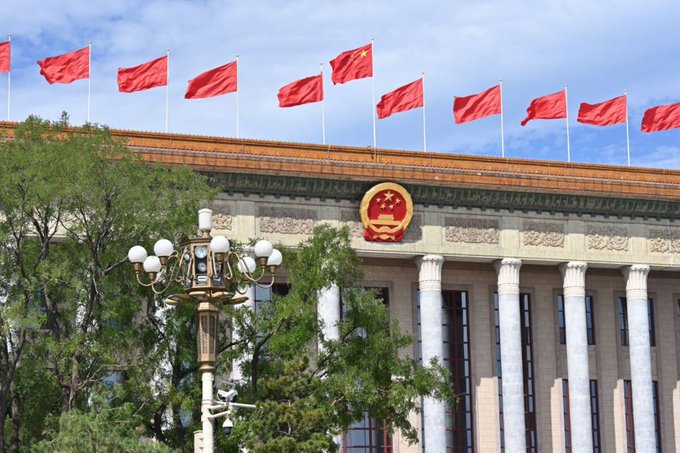
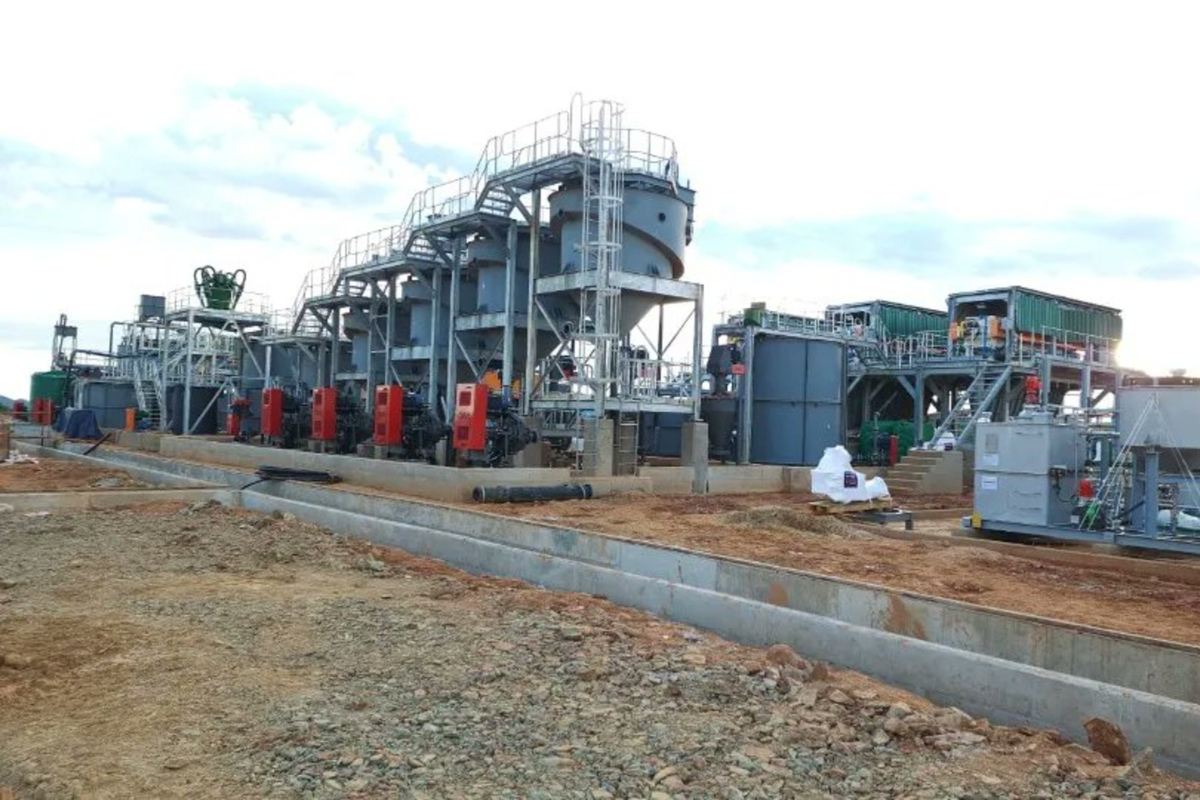
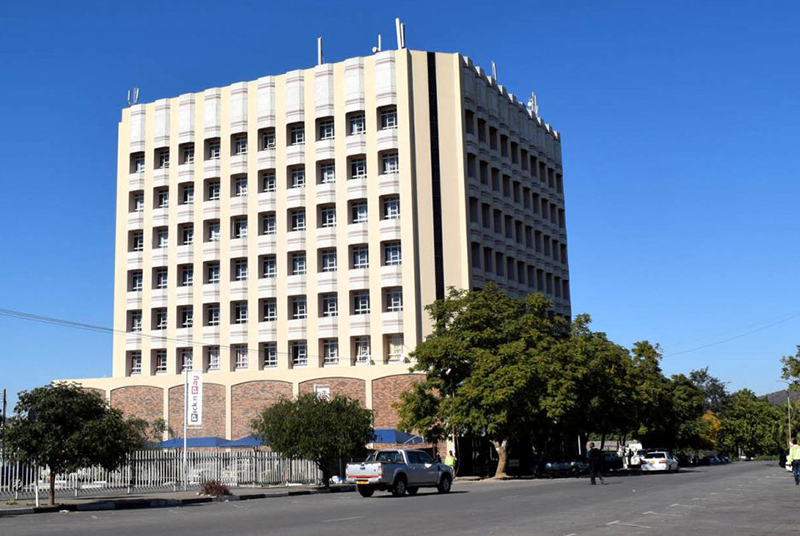
.jpeg)
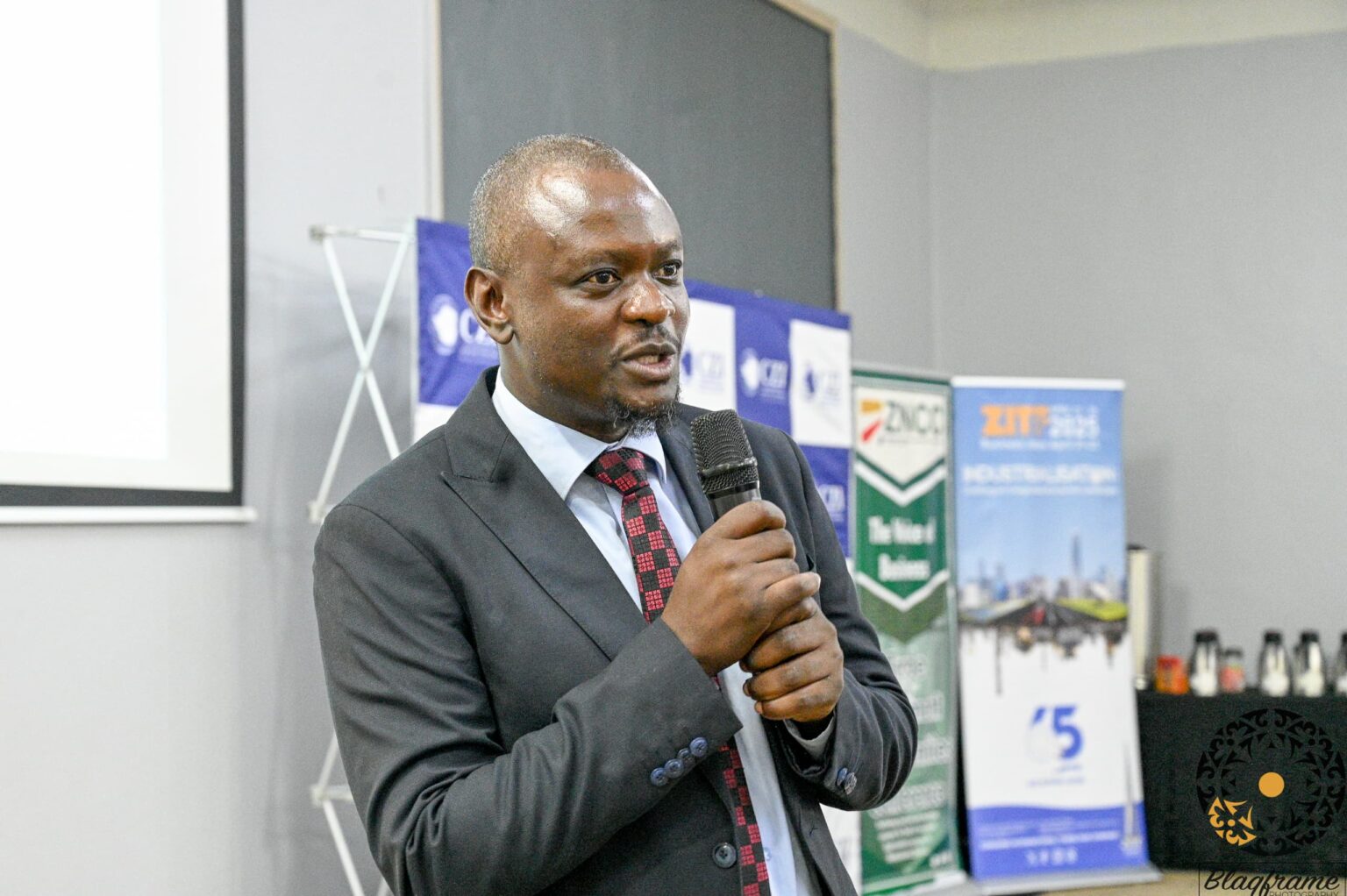
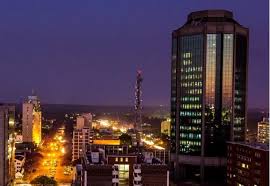
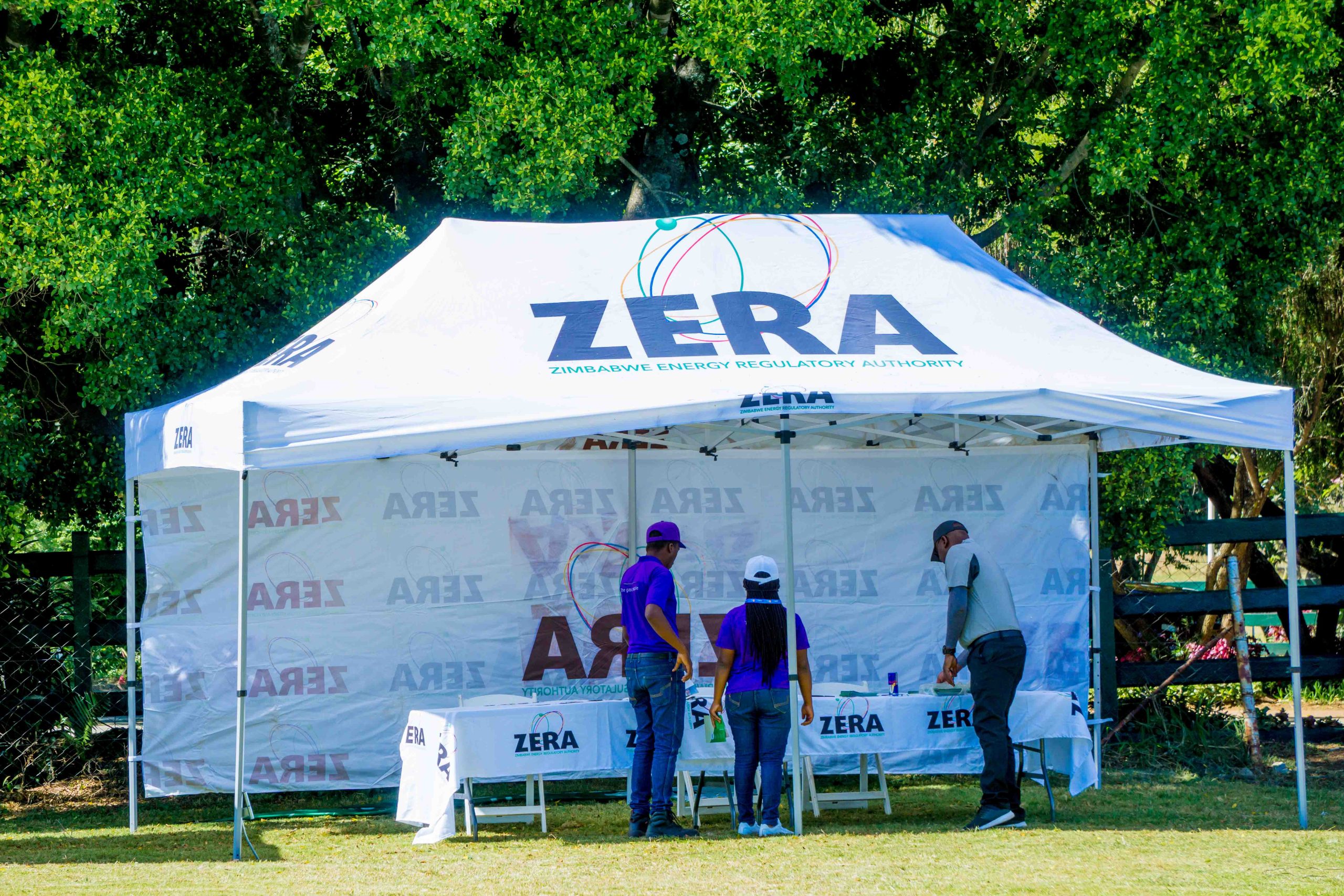
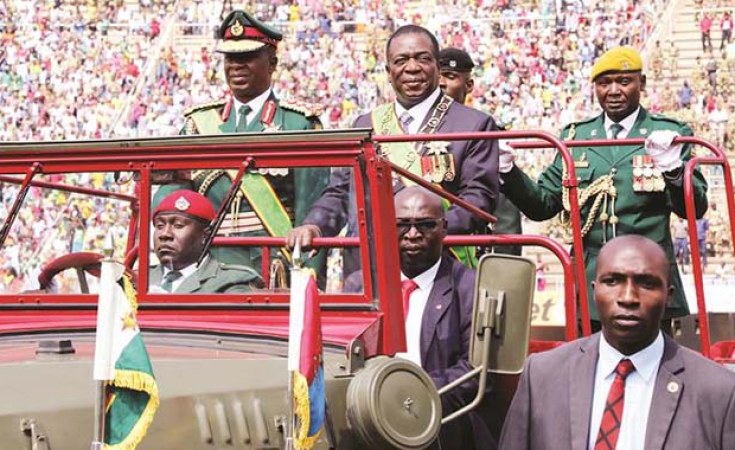
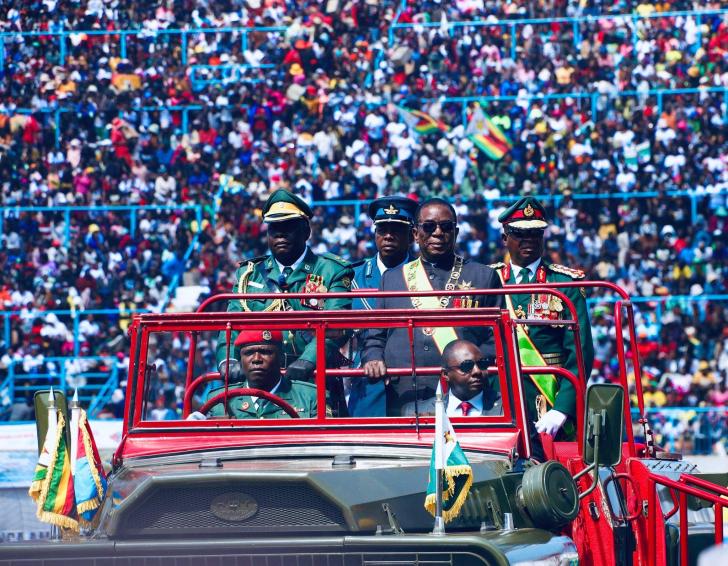
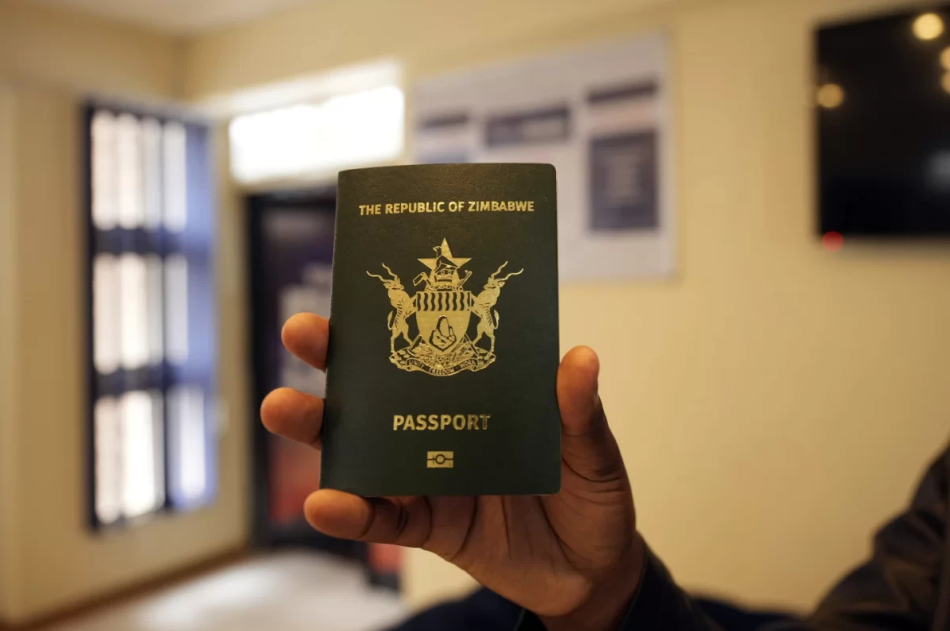

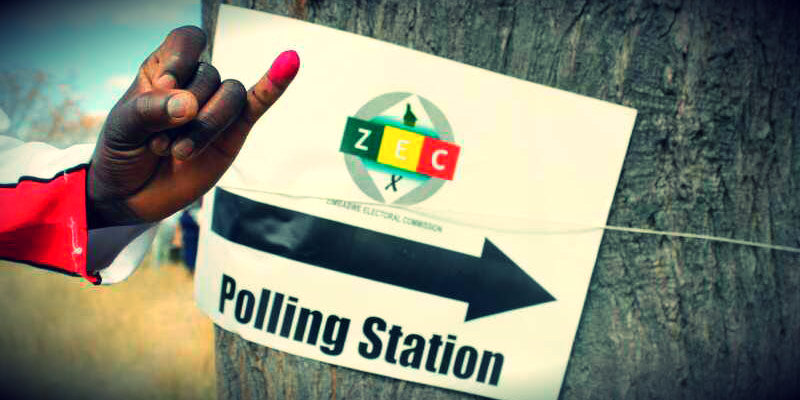
 Young Investment Professional (YIP) Graduate Programme 2019
Young Investment Professional (YIP) Graduate Programme 2019
Editor's Pick